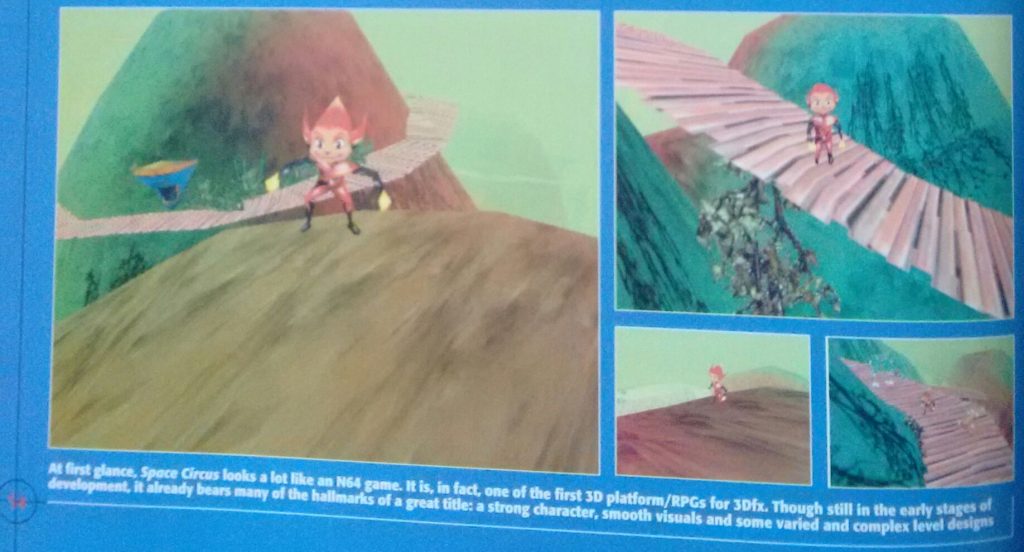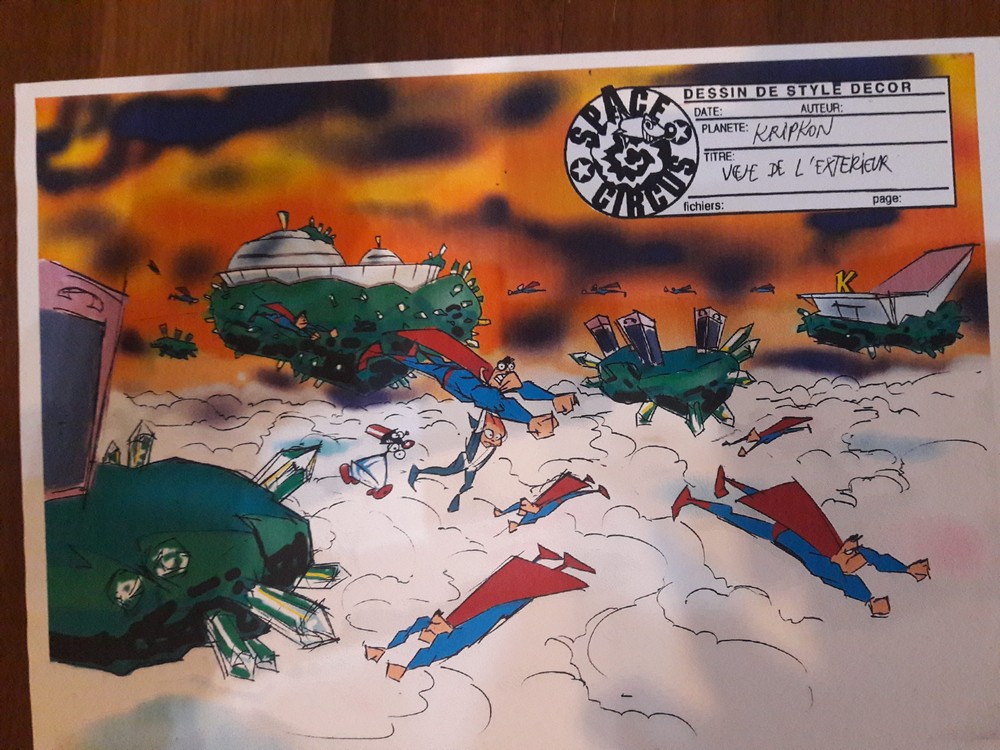![]()
Konami was one of the first software houses to announce full support for the Nintendo 64, after the happy and profitable experience with the SNES. In addition to Castlevania 64, one of the first games announced for the console was Hybrid Heaven, a strange cross-game between Turn-based RPG, action, adventure and fighting, that promised an open ended gameplay.
In the early images and videos released, the project had an incredible graphic for its time, much more definited than the one in the final version. When Hybrid Heaven was finally released after many delays, players found themselves in front of a very different game, graphically poor and with a linear gameplay.
Probably the early media released were just Concept Renders and when Konami started to create the game on the real N64 hardware, they found out that it was impossible to reach such level of details. We dont know exactly how many parts were removed (some places and characters seen in the concept renders were not in the final game), but we can speculate that the developers had to heavily cut the project, because their original concept was too ambitious for its time.
![]() [spoiler /Clicca qui per la versione in Italiano/ /Nascondi la versione in Italiano/]La Konami fu una delle primissime Software House ad annunciare il pieno supporto alla nuova macchina a 64 Bit di casa Nintendo, dopo le felici e redditizie esperienze con lo SNES. Oltre al precedente Castlevania 64, uno dei primi giochi annunciati fu questo Hybrid Heaven, strano incrocio fra RPG a turni, azione, esplorazione e picchiaduro. Dalle primissime immagini il titolo faceva graficamente paura e sembrava avere tutte le potenzialità per divenire l’ennesima Killer Application per l’N64. Eppure, quando il gioco finalmente venne completato dopo anni di ritardi, i giocatori si trovarono davanti un prodotto molto diverso, graficamente povero e dalla giocabilità fin troppo lineare. Del progetto originale probabilmente si era salvato ben poco.[/spoiler]
[spoiler /Clicca qui per la versione in Italiano/ /Nascondi la versione in Italiano/]La Konami fu una delle primissime Software House ad annunciare il pieno supporto alla nuova macchina a 64 Bit di casa Nintendo, dopo le felici e redditizie esperienze con lo SNES. Oltre al precedente Castlevania 64, uno dei primi giochi annunciati fu questo Hybrid Heaven, strano incrocio fra RPG a turni, azione, esplorazione e picchiaduro. Dalle primissime immagini il titolo faceva graficamente paura e sembrava avere tutte le potenzialità per divenire l’ennesima Killer Application per l’N64. Eppure, quando il gioco finalmente venne completato dopo anni di ritardi, i giocatori si trovarono davanti un prodotto molto diverso, graficamente povero e dalla giocabilità fin troppo lineare. Del progetto originale probabilmente si era salvato ben poco.[/spoiler]
Images:
Videos:


